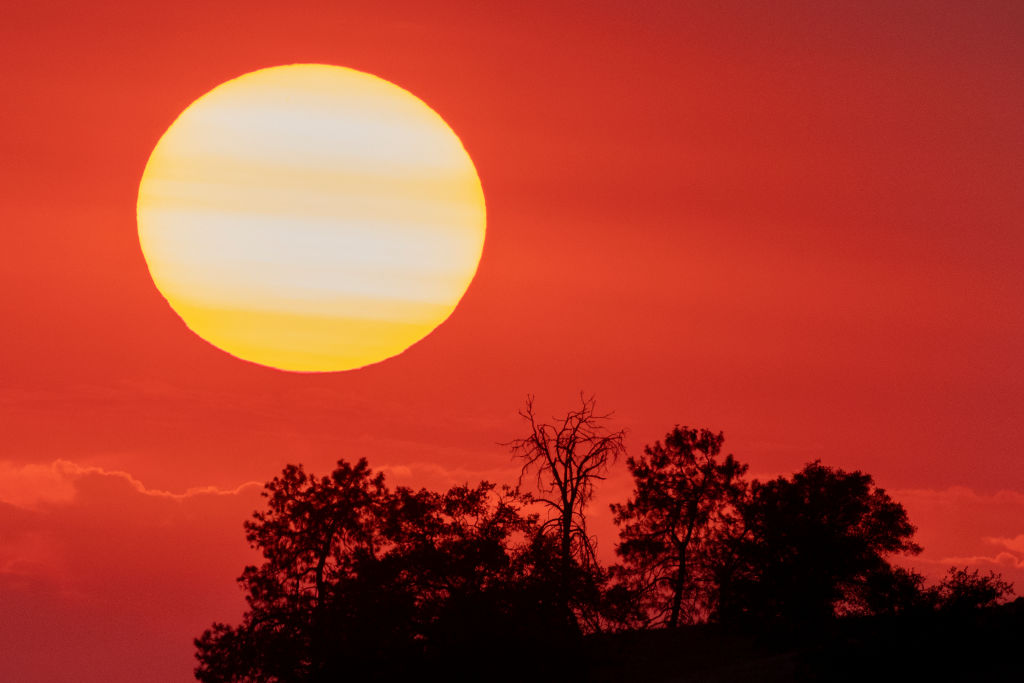On Monday, July 3rd, the world reached a significant milestone as the average global temperature exceeded 17 degrees Celsius for the first time ever. This new record, according to US researchers, is the highest temperature recorded in any instrumental record dating back to the late 19th century.
Scientists attribute this rise in temperature to a combination of natural climate phenomena, such as El Niño, and ongoing human-induced carbon dioxide emissions. Last month, June, was also confirmed as the warmest June ever recorded worldwide.
The US National Centers for Environmental Prediction reported that the world’s average temperature reached 17.01 degrees Celsius on July 3rd, surpassing the previous record of 16.92 degrees Celsius set in August 2016.
Concerns about rising temperatures have been mounting this year, with record-breaking spring heat in Spain and several Asian countries, as well as unusual marine heatwaves in regions like the North Sea. China and parts of the southern United States have been experiencing intense heatwaves, with temperatures exceeding 35 degrees Celsius.
This latest high temperature is not only the warmest since satellite monitoring began in 1979 but is also believed to be the highest since instrumental records began in the late 19th century.
Researchers emphasize that the new global temperature record is a result of the El Niño Southern Oscillation (ENSO), a significant natural climate fluctuation. They suggest that with the onset of the warmer phase of El Niño, more daily, monthly, and annual temperature records are likely to be broken in the next year and a half.
June’s record-breaking warmth further reinforces the trend. Average temperatures across the globe in June were 1.46 degrees Celsius above the average for the period between 1850 and 1900. The United Kingdom also experienced its hottest June on record. Even in Antarctica, the impact of high temperatures was felt, as the July temperature record was broken with a reading of 8.7 degrees Celsius at Ukraine’s Vernadsky Research Base.













